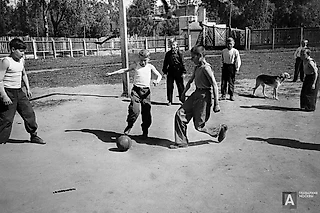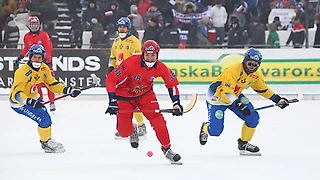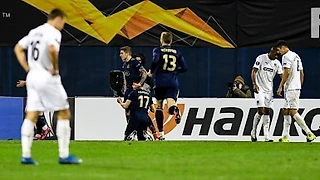Рано радоваться за Ла Лигу
Читал, читал о том, как Ла Лига теперь будет больше зарабатывать на телеправах, а ее маленькие клубы, наконец, смогут встать на ноги. А потом пошел проверить информацию - и понял, что все это пока хотелки испанских клубов и испанского правительства.
Испанское профильное министерство утвердило новые правила распределения прибыли от продажи телеправ, более справедливые по отношению к малым клубам. Но называемые суммы, которые пойдут в ход - это мечты лиги и министерства. Права еще нужно продать. Вот когда это случится (а сумма может быть и больше, и меньше ныне называемых $1.1 млрд. в год), тогда и будет что обсуждать.
Переход Ла Лиги к коллективной продаже прав - огромный прогресс. Все остальное пока в тумане.
Вот что пишет Рейтер (http://uk.reuters.com/article/2015/04/30/soccer-spain-television-idUKL5N0XR6P020150430) Deals | Thu Apr 30, 2015 9:38pm BST UPDATE 1-Spanish TV soccer rights to be pooled under new rules
* New system likely to mean price hike for broadcasters
* Top clubs still get biggest share, but smaller ones benefit
* Soccer rights a big draw for broadband and pay-TV providers (Recasts after new rules passed)
By Andrés González and Elisabeth O'Leary
MADRID, April 30 (Reuters) - Spain approved new rules on Thursday under which the television rights to show Spanish soccer will be pooled and sold collectively.
This ends the previous system in which rights were sold by individual clubs and could lead to a sharp price increase for broadcasters.
The previous system heavily favoured big teams such as Real Madrid, the world's wealthiest club by income, and rivals Barcelona and, while the new set-up will still favour the biggest and most successful clubs, it will do so to a slightly lesser extent.
Of total revenues from the sale of the rights, around 90 percent will go to all of the clubs in the first division and the remainder to the second.
Half of the income will be shared out equally between all first division clubs, Sports Minister Jose Ignacio Wert told reporters.
The other half will be divvied up according to their football performance in the previous five seasons, the size of the club and its take, and other criteria.
Second division clubs will follow the same system, except that an initial 70 percent of revenues will be split up equally.
Smaller teams, especially those with big tax bills, have for years called for rights to be pooled to help them make ends meet and had threatened to strike over the issue.
La Liga, where the broadcast rights for most individual clubs have been bought by privately owned Mediapro, is the only top European league in which clubs negotiate their own TV contracts.
Analysts calculate that clubs will collectively obtain 1 billion euros ($1.1 billion) per season, versus around 700 million euros currently.
The figure is less than half the 1.7 billion pounds ($2.6 billion) that English Premier League clubs will net per season from broadcasters Sky and BT under a new contract running between 2016 and 2019.
In Spain those likely to buy the rights are telecoms giant Telefonica or Mediapro, which has its own pay-TV channel GolTV and currently has the rights to many club games, including those of Real Madrid.
Telefonica has reached an agreement with Barcelona to pay 140 million euros for its broadcast rights for next season. The new system for selling rights comes into force in the 2016-2017 season.
Spain's dominant telecoms provider is betting on TV content to complete its mobile and broadband services offer and is raising prices to offset the hefty investment. In Britain, former state telecoms company BT has also spent heavily on sports rights.





